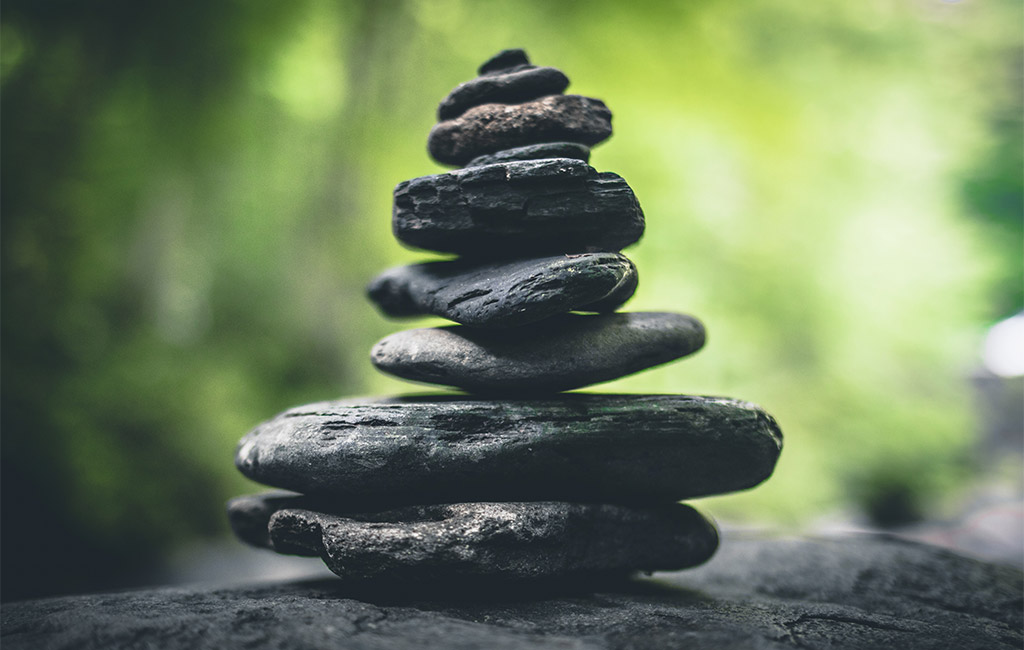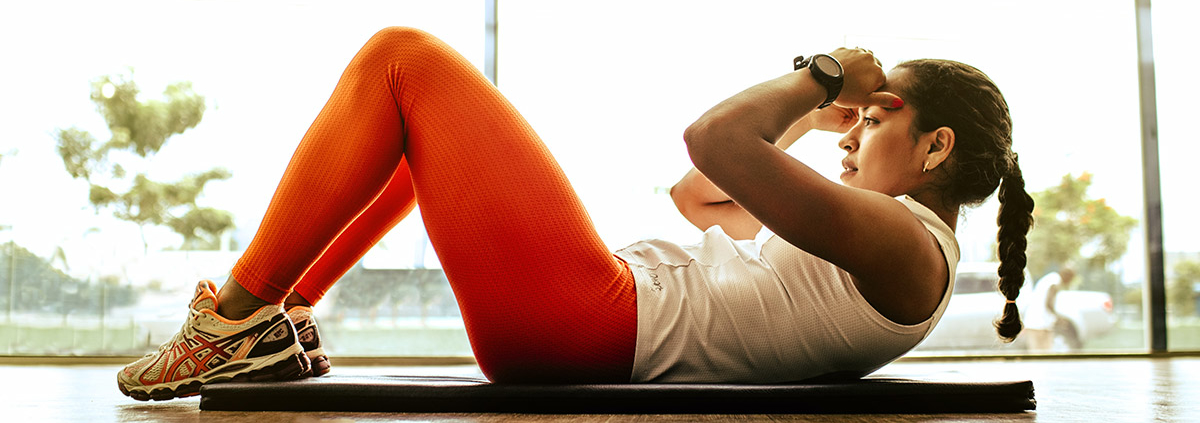Introduction to Health Part 3: “Different Lives, Different Bodies, Different Paths”
It’s Alivia here to wrap up our Introduction to Health Series with Part 3! At this point, you have been to the gym and even started some sort of routine. This doesn’t mean that the insecurities have ended or that getting motivated has become easier. That is all perfectly fine and perfectly normal. The mind and the body work as one, so as long as you treat both well, both will eventually improve. Insecurities will come and go, but staying consistent with treating yourself right will hopefully keep them at bay longer. All I want is for you to let yourself be proud. Be proud of yourself for showing up every day, be proud of yourself for all the progress you have already made, and be proud of yourself for finally prioritizing your health.
I know that I have talked a lot about eating right and working out, so I’m sure it is all starting to sound like a fitness influencer-esc. But today, I want to talk about living the life that fits you, your body, and your path. It is hard to scroll through social media every day and see how easy it is for everyone to wake up at 5am to go to the gym and eat super clean all day. I just want to clarify that this is all superficial and is simply not realistic. You only see all the good moments, not the lazy days where balance is created. In order for you to crush a workout or stick to an eating plan, you have to have days where you let your body rest and eat what it wants. Having five days of 60-minute sweaty workouts means you get 1 or 2 days of movie marathons with a side of your favorite comfort food. Days like those make the workouts and clean eating seem much less daunting.
That being said, there are so many other reasons you shouldn’t be comparing yourself to people on social media or people you see every day (in the gym or not). Comparing yourself to others will do nothing but feed into those nagging insecurities when you have already worked so hard to push them down. There are so many factors that go into how people look and live their lives that are entirely out of anyone’s control; there is simply no point in comparison. One single weight can look ten different ways on ten different people. Everyone’s version of health varies immensely, so let me make it less ambiguous: as long as you feel good about yourself, you are putting in the effort to take care of yourself, and you are living your personalized version of a balanced lifestyle, you are indeed the perfect example of health.
Before ending this healthy series, I want to give a big shout-out to Campus Recreation for nurturing me throughout my own fitness journey. The best thing about the Student Recreation Center at SOU is how inclusive, welcoming, and non-judgmental the community is. I am graduating this spring, and I know how much I will miss the positive gym culture and community I’ve surrounded myself with here. I’ve felt so supported by people that I would have never met otherwise, and it feels so good to walk up those stairs to see the same (plus new) faces I see every day. After soccer, I wasn’t really sure how I would make new friends since I never really had to before with sports. However, I can without a doubt say that investing in myself at the SRC gym brought me a great group of people that made me feel safe, supported, and included. I would say that the SRC gym is probably one of the best and most positive gym environments to house your health journey, no matter what it entails.
Throughout this three-part series, we have gone over diet, fitness, and everything in between that it takes to develop those qualities. Once you have gotten into the best routine for you, you come across a natural lifestyle for yourself. Making health and wellness a priority in your life will only be effective if you create the balance that I talked about previously. When exercising a few days a week is no longer a chore but a habit, and when you no longer associate your diet with being limited in any way, then you have created THE lifestyle. This lifestyle will help you shape the happiest version of yourself: someone that will feel good about who they are and what they are doing. Someone that I am already proud of and that you can finally be proud of as well. By waking up for the last few weeks or months and actively choosing yourself and your health, you made it exponentially easier for yourself today and future you to do so. By staying consistent, you have planted the seeds for yourself to thrive going forward. You have done the hardest part at this point, I promise. Of course, there will always be challenges, but at this point, you have gotten over the hump of the beginning stages and have begun the happy path of a well-versed health-journey traveler.
















